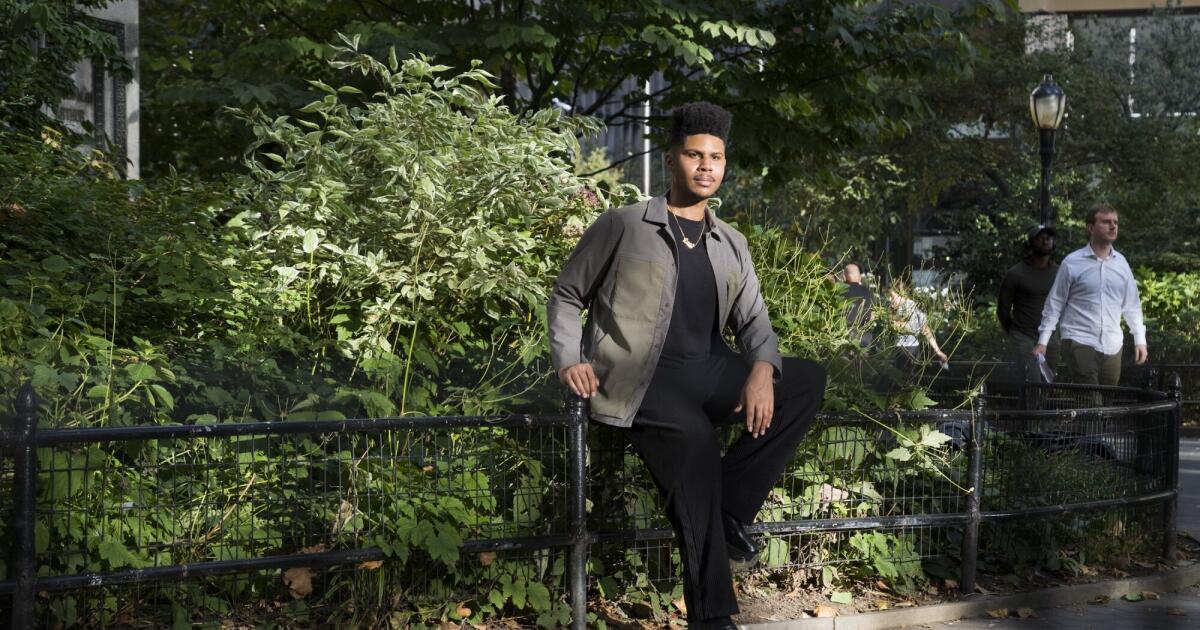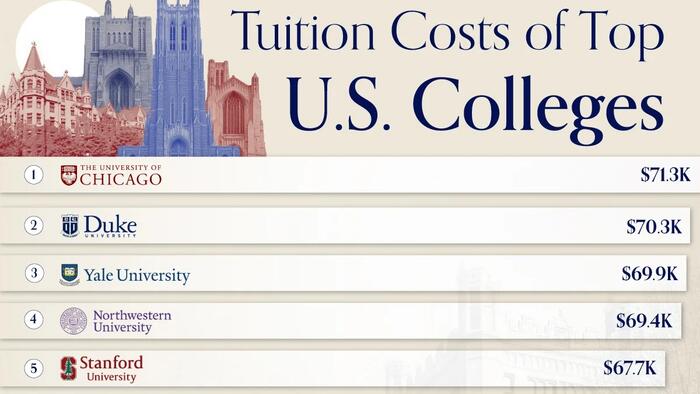Copyright Los Angeles Times

After seven rounds of grueling interviews, an offer for a recruiting job seemed within reach for David Daniels IV. Until a reference check that Daniels learned had involved wary discussions of his background in diversity, equity and inclusion. The offer never came. Having DEI experience on a resume can feel like wearing a scarlet letter in an already difficult job market, said Daniels, who lives in New York and held roles at companies including yoga wear retailer Lululemon Athletica Inc. “There’s this sense of, if you did DEI, we don’t want to hire you,” he said. For Daniels and others like him, working in diversity made them hot commodities in corporate America just a few years ago. Now it’s a liability. Conservatives have lambasted diversity work as exclusionary, while President Trump’s ire against what he has termed “illegal DEI” has spurred a retrenchment in many companies. Fearing lawsuits and the loss of government contracts, businesses quickly pivoted, downsizing or dismantling their diversity groups. That left DEI professionals who lost their jobs stranded, competing for roles in a tight job market. Among the jobless population in the broader economy, about a quarter have been unemployed for half a year or longer — the highest share since the mid-2010s, excluding the pandemic-era years. DEI specialists say they’re getting less interest from recruiters than they did several years ago and fewer interviews from companies. To bolster their chances, professionals have stripped the three letters from their resumes and sought roles in adjacent departments, such as in human resources, public affairs and marketing. Others have weighed changing careers. One job hunter is Josue Mendez in New York, who used to work in the diversity group at Ogilvy, an advertising agency owned by WPP Plc. In June, weeks after his team won an industry award for a leadership program for its Black male employees, he was among those let go. Since then, Mendez has spent his days scouring job listings and attending job fairs. A conversation with a recruiter was going well, he said, until Mendez mentioned his experience in diversity. “It suddenly went very cold,” Mendez recalled. “The second they see any previous work specifically in DEI, they want to stay away.” The call ended ahead of schedule. The recruiter later told Mendez he was out of the running for the job. A handful of large corporations remain publicly committed to workplace diversity. Delta Air Lines Inc., Southwest Airlines Co. and Coca-Cola Co. have kept the DEI label on their websites. And others are now emphasizing veterans and disabled employees. But there has been a wave of reversals in the last year. Amazon.com Inc. halted some of its programs, McDonald’s Corp. stopped setting “representation goals” and Goldman Sachs Group Inc. ended a policy of only taking some companies public if they had diverse board members. Corporate fears around legal risks earlier this year overshadowed everything else, said Tynesia Boyea-Robinson, whose firm CapEQ advises companies on diversity and other social issues. “A lot of people basically looked to their legal counsel and asked: What is the way we can protect ourselves from being sued?’’ Job ads reflect the changed landscape. New postings for diversity roles have approximately halved this year to about 1,500 from 2019 levels, according to Revelio Labs, a firm that analyzes workforces. Postings had almost quadrupled to about 10,000 during the height of the DEI boom in 2022 compared with 2019. Since losing her position at a firm advising clients on their diversity efforts late last year, Victoria Person in New Orleans has been attending networking events held by the local Chamber of Commerce to help find clients for her new consulting business while she searches for a job. The moment Person mentions her 15-year career working in diversity, people give an uncomfortable laugh, change the subject or look over her shoulder to find someone else to talk to, she said. “I see and feel people reel back,’’ Person said. “There’s a lot of fear around this, people don’t want to be associated with it.” Still, in spite of the current malaise, Person said she hopes that diversity programs will reemerge stronger and more inclusive, serving all demographics rather than specific groups. Marie — who didn’t want her full named published because she fears online attacks from DEI critics — lost her role as a diversity manager, making $150,000, following Trump’s election win. Her job hunt initially yielded callbacks and interviews. Now, responses have all but disappeared. Marie said she noticed some companies had posted the same diversity role multiple times over the course of months only to pull them later on. And in one interview, a chief diversity officer told her that the executive team wasn’t fully sold on workplace diversity, even though the company had posted a role. Given the scarcity of roles in diversity, Marie said she’s considering leaving the field. But returning to public education, her previous field, would mean risking cutting her income in half. In the meantime, she has joined a group dedicated to professionals laid off from their diversity jobs. Its founder, Michael Streffery, who was let go from his job as director of DEI at Realtor.com earlier this year, says the group’s members have skills that are applicable to many other positions, including chief of staff. They also can work in roles involved in succession planning, compliance or shaping corporate culture, he said. “They’re systems thinkers, culture shapers and crisis navigators,” Streffery said. Before leaving his job earlier this year, Carlos Ayala experienced a slide. Once a chief diversity and inclusion officer at an energy company, his title was changed and his role downgraded. He stayed at the company for several months to help “de-risk” the department he once ran. That meant watering down or removing diversity policies to help reduce legal risks. Ayala quickly experienced firsthand the liability of having worked in DEI. He said he had applied for a role overseeing diversity efforts at a company that appeared, at least publicly, to be sticking with the strategy. Midway through his interviews, Ayala got an email from the recruiter who said the business was “reframing the role’’ and shifting it to a generalist human resources position. “I thought, God, that’s disappointing, they’ve been stringing me along,” said Ayala, who is based in the Chicago area. Weeks later, he is still waiting to hear whether he got the job. Back in New York, Daniels is continuing his job search. He has picked up some consulting work, including a client in the United Kingdom, where the political backlash to diversity is less severe. He said he has gotten more interviews since removing the DEI label from his online profile. In some interviews, Daniels said he has repeatedly had to reassure hiring managers that he is still comfortable working for a company even if it is not focused on diversity. Despite the DEI retrenchment, Daniels is taking the long view. There is an ebb and flow when it comes to social justice issues, he said, adding: “America has always been this way.”



